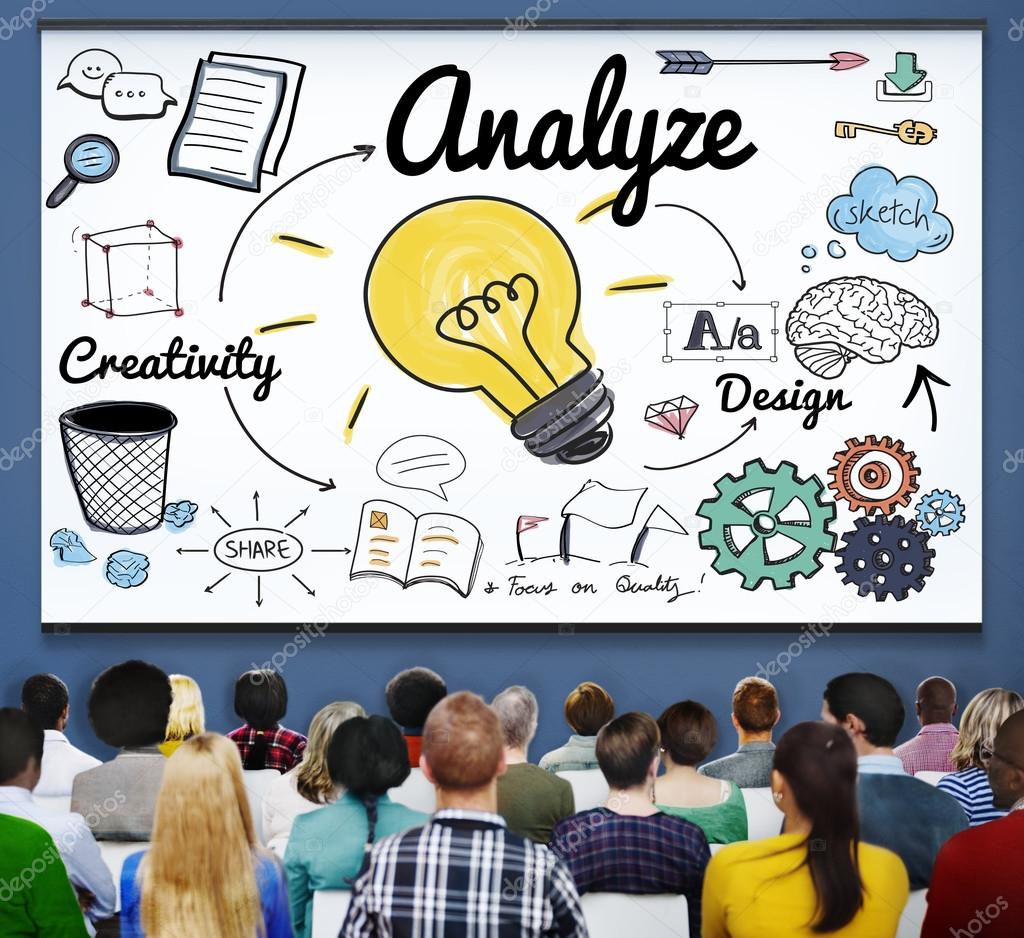Diversity in the workplace helps firms be more productive, according to a study co-authored by an MIT researcher — but it may also reduce satisfaction among employees.
“Having a more diverse set of employees means you have a more diverse set of skills,” says Sara Ellison, an MIT economist, which “could result in an office that functions better.”
At the same time, individual employees may prefer less diverse settings. The study, analyzing a large white-collar U.S. firm, examined how much “social capital” offices build up in the form of things like cooperation, trust, and enjoyment of the workplace.
McKinsey’s research finds that companies in the top quartile for gender or racial and ethnic diversity are more likely to have financial returns above their national industry medians. Companies in the bottom quartile in these dimensions are statistically less likely to achieve above-average returns. And diversity is probably a competitive differentiator that shifts market share toward more diverse companies over time.
“The more homogeneous offices have higher levels of social capital,” Ellison observes. “But the interesting twist is that … higher levels of social capital are not important enough to cause those offices to perform better. The employees might be happier, they might be more comfortable, and these might be cooperative places, but they seem to perform less well.”
Engineering is a creative and collaborative endeavor in which solutions arise from a rich diversity of perspective, discussion, and inquiry. To ensure rich solution as a world’s leader in engineering research and education, the MIT School of Engineering is encourages diversity by fostering a community of opportunity, and by providing the intellectual stimulation of a diverse thought processes.
There’s a performance-based argument to say that diversity of thought, diversity of perspective, diversity of opinion is really crucial. Why? Because the world changes. If you don’t have any changes in your marketplace or your competitors, if you don’t have any changes in your materials or your workforce, then maybe it doesn’t matter. But I don’t know of a business like that. One of the ways organizations adapt is by noticing what’s going on in the environment and trying new things. How do you come up with innovative ideas, unless you have a spectrum of ideas to examine?
This is where emotional intelligence and social intelligence come in. Leaders need some degree of emotional intelligence to rise above our need to justify or validate ourselves, which is what happens when we seek people who are just like us in their thinking. And we need a certain amount of social competency to be able to engage people who do have differences of ideas and perspectives.

Credit: MIT, McKinsey’s & Harvard

